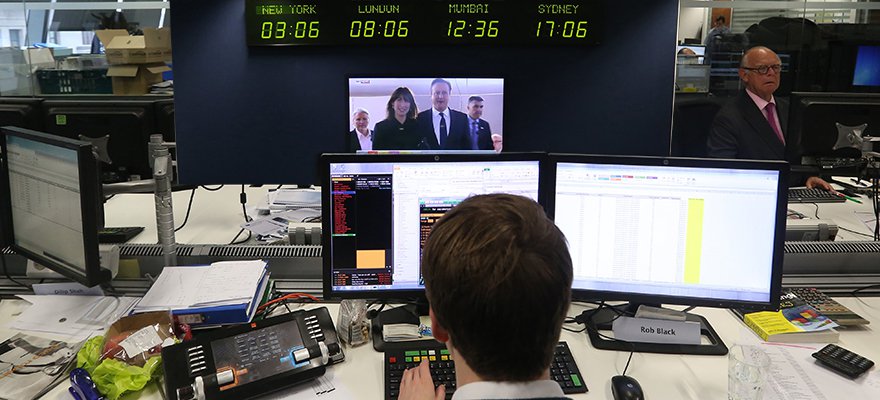
This guest blog post is written by Keith Sazer, CEO of Addison Churchill LTD.
There’s been plenty of debate of how the industry will be affected by the Swiss franc “Black Swan ” earlier this month. Already we’ve seen US regulators react by increasing minimum margin rates for spot forex margin trading accounts. Mainstream media outlets have also been covering the event with many popular news websites and print newspapers running stories about the collapse of FXCM and customers facing looming bills from their brokers about negative balances.
Retail Traders and Brokers

The retail market should continue to experience significant growth. Those retail accounts that benefited from the market reaction to the change in strategy by the SNB may have seen gains of up to 5 to 10 times their account value. As stories celebrating these profitable trades hit the forums and social media circles, new account growth should be stimulated.
We also expect to see the emergence of many new “trading gurus” expressing their market commentary and “expertise” in online forums, further encouraging expansion of the retail market.
Retail brokers will see the biggest benefit to the increased news of retail trader success as they market these success stories through customer testimonials. As a result, retail customers will become the leading source of prospects for new accounts, with the cost of account acquisition decreasing as organic growth occurs.
Retail trading volumes will increase, measured by trades per client, as a new wave of the forex craze emerges,whereas introducing brokers will have increased value to brokers and customers as the market trends toward a higher-touch service.
Retail Brokers
Over the next three months more retail brokers will announce news of exposure and losses, which will lead to insolvency in their businesses. Conversely, other brokers will experience the opposite effect. Brokers who survive the enormous volatility will be able to promote their brands as solid and stable. We expect not only increased M&A for larger brokers, but also acquisitions by medium-sized brokers, with the intention of increasing their balance sheet and reducing overhead.
Institutional Liquidity Providers and Banks
The larger liquidity providers and banks will not adjust the overall margin levels offered to clients unless forced to by regulators. Minimum deposits will increase in order to reduce exposure to clients with smaller balance sheets.
Larger liquidity providers generally do not maintain net leverage and exposure within their entire book beyond a 1:5 range, and banks focus more on commercial transactions over speculation.
Regulations

Over the next 18 to 24 months it is expected that regulators in the United Kingdom and Western Europe will increase margin requirements for non-professional traders. They will in some form follow suit behind the NFA in the United States.
When US regulators made these changes, the US retail market shrank and many liquidity providers exited the United States. The effect of these changes was that retail customers gravitated towards tier 2- and tier 3-regulated jurisdictions and to unregulated brokers who permit higher leverage.
This may lead to brokers increasing their efforts to apply for registration in Cyprus, Belize, New Zealand and the BVI. Our prediction is that those jurisdictions will allow retail forex brokers to offer leverage that will attract retail clients who want lower margin requirements. Brokers offering higher leverage will see the largest growth. The regulation changes will be negative for brokers in tier-1 jurisdictions.
In conclusion, the recent explosion in volatility from the news that the SNB had unpegged the Swiss franc is one of the most significant events that could have happened in recent years, resulting in a spur in growth for the retail forex markets. The STP model will become more attractive to retail brokers as client growth and volumes increase.
Brokers with the intention of going public will realize the value of the STP model as investors are attracted to low risk and stable cash flows. There will be a decrease in retail market makers, as retail market makers realize the importance of professional risk managers and traders.
The idea of hiring low-cost and less experienced dealers will diminish, and there will be increased demand for risk management tools, technology personnel and services.
This article is part of the Forex Magnates Community project. If you wish to become a guest contributor, please get in touch with our Community Manager and UGC Editor Leah Grantz leahg@forexmagnates.com


















